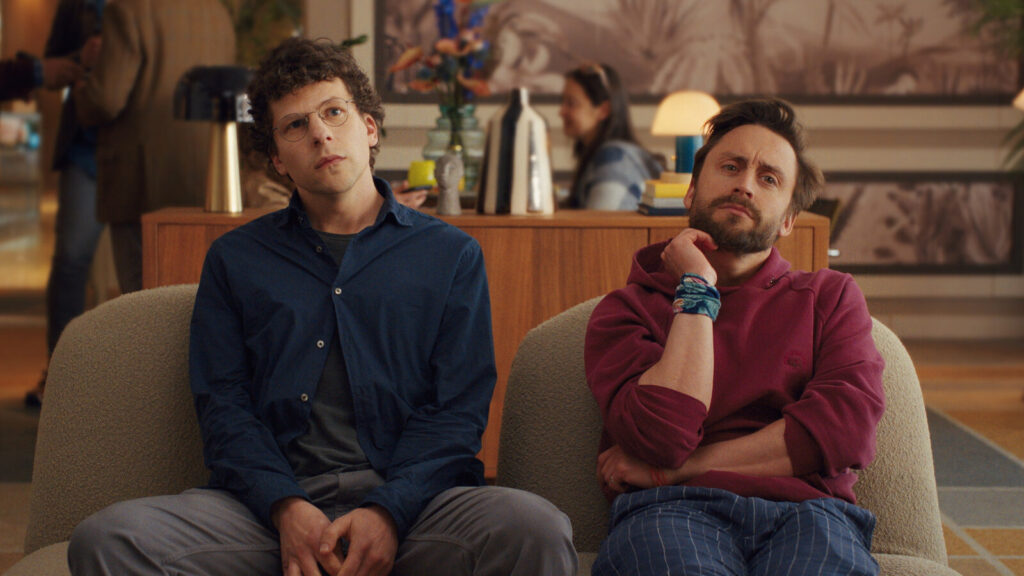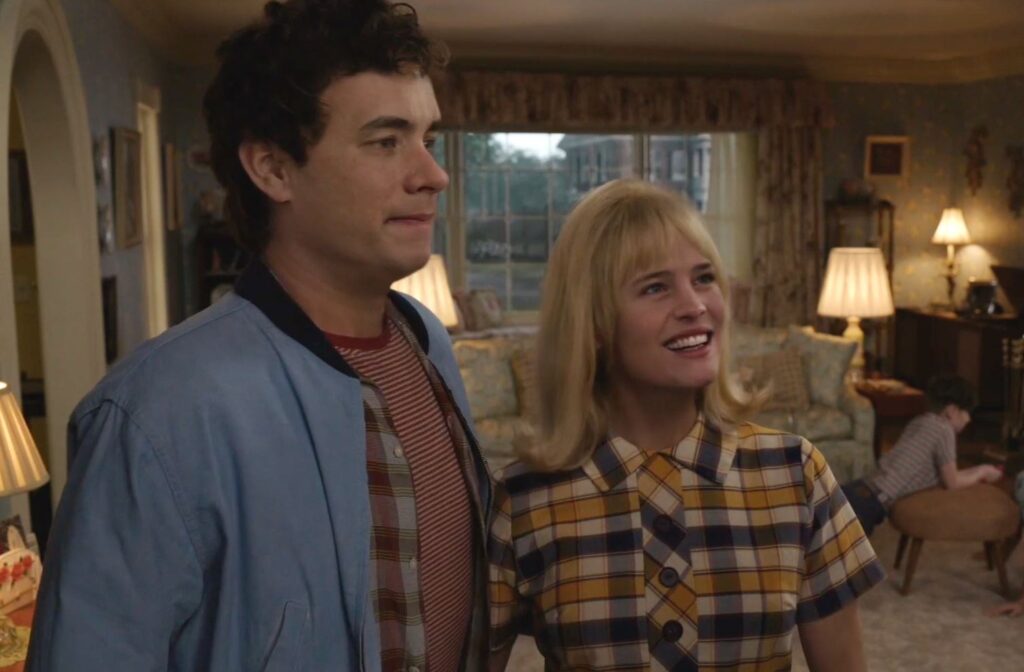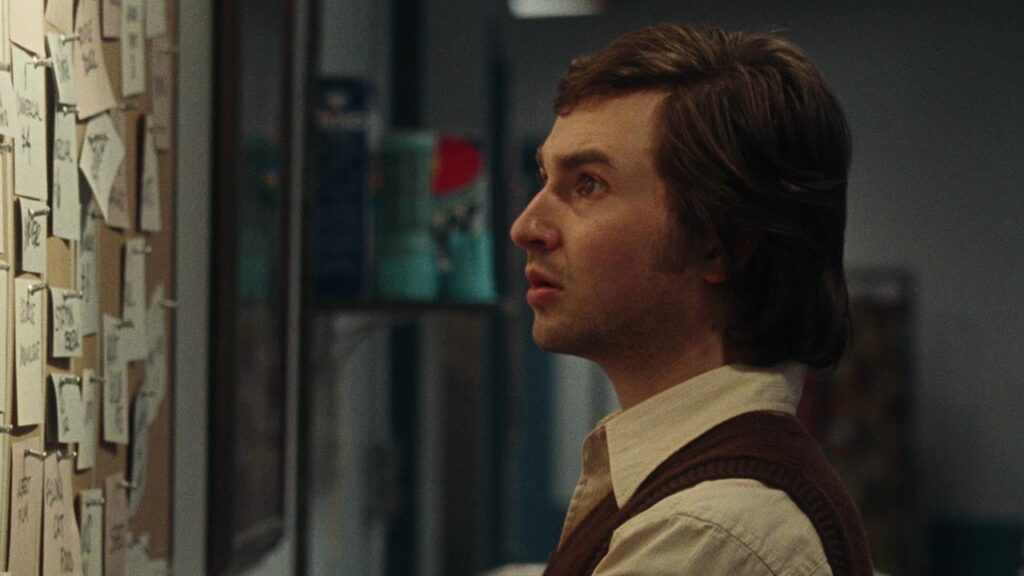A Real Pain: The Mend of the Tour

Priming his Holocaust tour group for the fraught experience that awaits them, the guide doesn’t mince words: “There’s going to be a lot of pain.” But he also advises his company not to wallow in despair, and to take heart in the stories of the many Jews who survived their horrific ordeal in 1940s Europe, even as countless more were exterminated. A Real Pain, the second directorial feature from Jesse Eisenberg, isn’t so clumsy or didactic as to trace the contours of this historical tragedy onto the map of its own, infinitesimally smaller story. But it does mirror the guide’s message in the sense that it traffics in solemn, heavy emotions while deploying a tone that’s light and even playful. It’s a comedy about grief, or perhaps a tearjerker about joy.
The movie’s title carries an obvious double meaning—maybe even triple. The more literal (if still intangible) connotation refers not just to the suffering of the Holocaust but to the depression of Benji (Kieran Culkin), the vibrant yet plainly wounded young man who’s still mourning the death of his beloved grandmother. Having rousted himself from his mother’s basement couch in Binghamton, Benji has traveled for an edifying vacation in Poland, where he immediately imposes his indefatigable will upon his fellow tourists. He’s charming but also exhausting—the kind of guy who, upon learning that a different group member (Kurt Egyiawan) once fled the Rwandan genocide, shouts “Oh snap!” then clarifies, “I meant that in a good way.” Benji is unfiltered and undeniable, a combustible mixture that makes him both the most effervescent person in the room and also—to return to the title—a genuine nuisance. Read More




